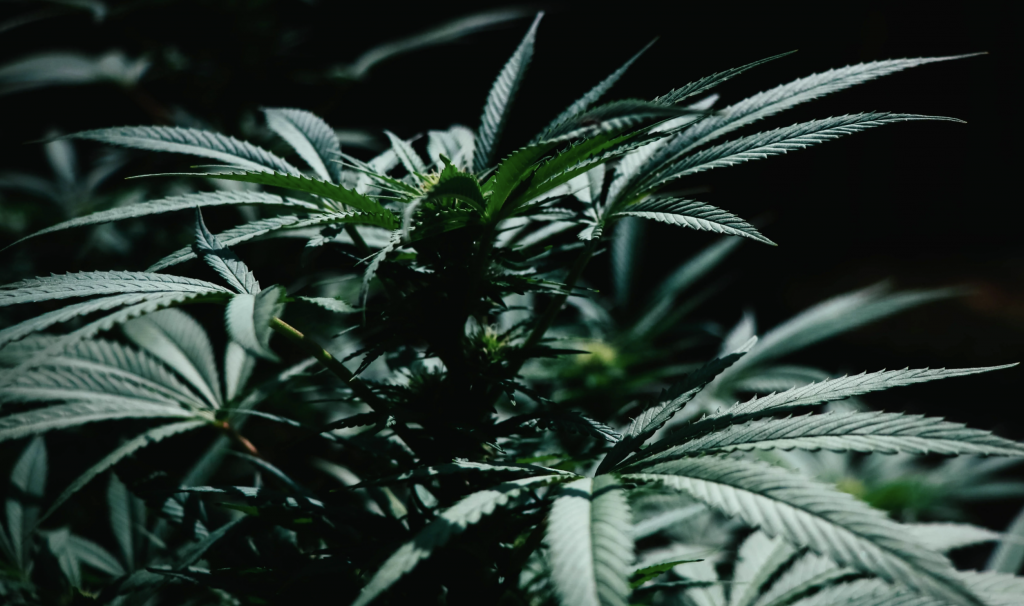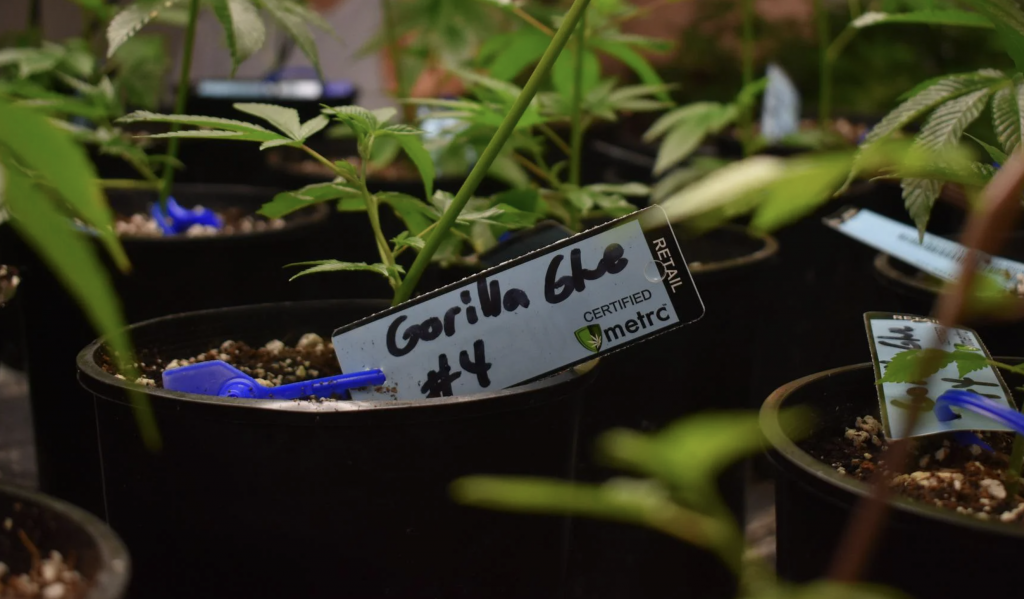
Oklahoma legalized medical cannabis on June 26th, 2018. The Sooner state became the fastest in the nation to usher in an effective medical cannabis program. Since the implementation of legal access to medical cannabis in the state of Oklahoma, authorities have issued an estimated 12,600 cannabis business licenses. The state is said to have more than 2,300 medical cannabis dispensaries and over 8,600 growers!
Oklahoma is inundated with low-quality cannabis. It is passed off in the form of budget ounces ranging anywhere from 25 dollars an ounce and up. Remember, when you pay $25 for an ounce, you get $25 an ounce of weed. If you want something that tastes good and is truly effective, you can expect to shell out around $200 an ounce or more.
Top shelf or premium medical cannabis in the state of Oklahoma averages between $250 to $400 an ounce. These prices may seem high, but it appears they may get a little higher. Medical cannabis dispensaries in the state of Oklahoma are required to be compliant with the Marijuana Enforcement Tracking Reporting Compliance or METRC by May 26th of this year.
What is the Purpose of METRC
METRC is a seed-to-sale tracking service utilized by states like Colorado and others that have embraced the legal cannabis industry. In Oklahoma, METRC is being implemented for many reasons. The biggest reason is to help crackdown on the illicit black-market sector for cannabis. The state has become a playground for guerilla grows / illegal cannabis growing operations.
METRC must be integrated with every dispensary’s point of sale or POS system. Radiofrequency identification (RFID) tags are then purchased from METRC and are assigned to a product. These tags help to monitor products, including plants, from seed to sale. When in place and used correctly, METRC helps keep an efficient and accurate record tracking system of cannabis, ensuring safety and accountability.
This makes it easier to identify the source of problems such as the use of banned pesticides or unapproved chemical additives making their way into concentrates. It wasn’t long ago that OMMA issued a warning about cannabis concentrates containing an unnatural chemical additive called THC-O Acetate. They provided a batch number for the product. This product was being sold at a local dispensary near me. As far as I can tell, there was never any disciplinary action over this.
METRC would make things like this happen a whole lot less. If they were to happen, accountability would be called upon through traceability, and the source of the problem could be pinpointed. Utilizing this system helps regulatory authorities understand where cannabis is going. It helps them to paint a clearer picture of what is being sold directly to dispensaries as flower and what is being converted from flower to concentrates, edibles, or other cannabis products.

METRC Comes with a Cost
With the news of businesses being required to be compliant with METRC by May 26th of 2022 in the state of Oklahoma comes news of the potential rising cost of cannabis. Rumors are that the implementation of this system will increase the price of cannabis across the state. This makes some medical cannabis patients already living on a budget a little bit more on edge.
Rumor has it that cannabis prices will become higher in the state of Oklahoma because METRC costs companies. There is software to buy, education courses to take, and fees associated with all of this for businesses. These fees will undoubtedly be handed down to consumers.
Before your favorite cannabis store raises the prices sky-high on the weed you need, remember that METRC wasn’t designed to break the bank. According to information on the web, training for the system often requires only 2 to 3 hours for qualification. This training is free. There is a $40 monthly fee per license in order to be granted access to the system. That fee includes support, system maintenance fees, and ongoing training. Tags associated with the system cost $0.45 each and packages $0.25 each.
There is a lot of time involved in switching over to the system. It can create a challenge for businesses to set up a successful integration solution for METRC.
METRC will require hours of data entry. Adding inventory to the system is a time-consuming task. Operator errors will also eat up time. Auditing is another factor that is very time-consuming.
According to their website, METRC is “Helping cannabis regulation work for everyone.” They combine “advanced software, radio frequency identification technology, a dedicated customer support team, and a secure database to track and trace cannabis from growth, harvest, and processing to testing, transport, and sale.”
It would seem that METRC doesn’t cost that much. Once the system is learned, inventory and auditing should be rather simple. Training and support are free. Let’s just hope that medical cannabis dispensaries in Oklahoma don’t end up on a high horse and start charging higher prices for medical cannabis in Oklahoma because of METRC.
Bye-Bye Black Market
Oklahoma, like other states with legal cannabis, has seen a rise in illegal cannabis grows. These grows move in oftentimes operating in plain sight under the appearance of being a legal cannabis operation. Millions of dollars worth of black-market cannabis is being cultivated in Oklahoma that makes its way toward states that still support outdated cannabis policies like Tennessee, South Carolina, Georgia, Alabama, Kentucky, and others.
METRC will help authorities know who is growing what and where it’s going. If this can’t be accounted for, a grower or business could face fines and/or possible charges, depending on the situation.
It will take time for Oklahoma to get it all running smoothly. There are questions that are still hard to find answers to. Questions like will cannabis clones be sold with METRC tags, and are patients that grow at home required to keep these tags on and use METRC too? To answer these questions, all plants sold in the state will require METRC tags. Patients who grow are not required to use METRC, so this means you can legally remove the tag on any clone.
It would all be so much easier if the U.S Federal government would just end its ill-informed campaign against cannabis and remove it from the list of controlled substances. Cannabis should be legal for everyone, not just some. Let your elected representatives know that you support an end to continued cannabis prohibition or an end to their time in office if they don’t. The majority overwhelmingly supports the legalization of cannabis for medical purposes, so free the leaf and allow people to get their medical cannabis recommendations!
Disclaimer: The information, including but not limited to, text, graphics, images and other material contained in this article is for informational purposes only. No material from this article is intended to be a substitute for professional medical advice, diagnosis, or treatment. Always seek the advice of your physician or other qualified health care provider with any questions you may have regarding a medical condition or treatment and before undertaking a new health care regimen. Never disregard professional medical advice or delay in seeking it because of something you have read on this website.
